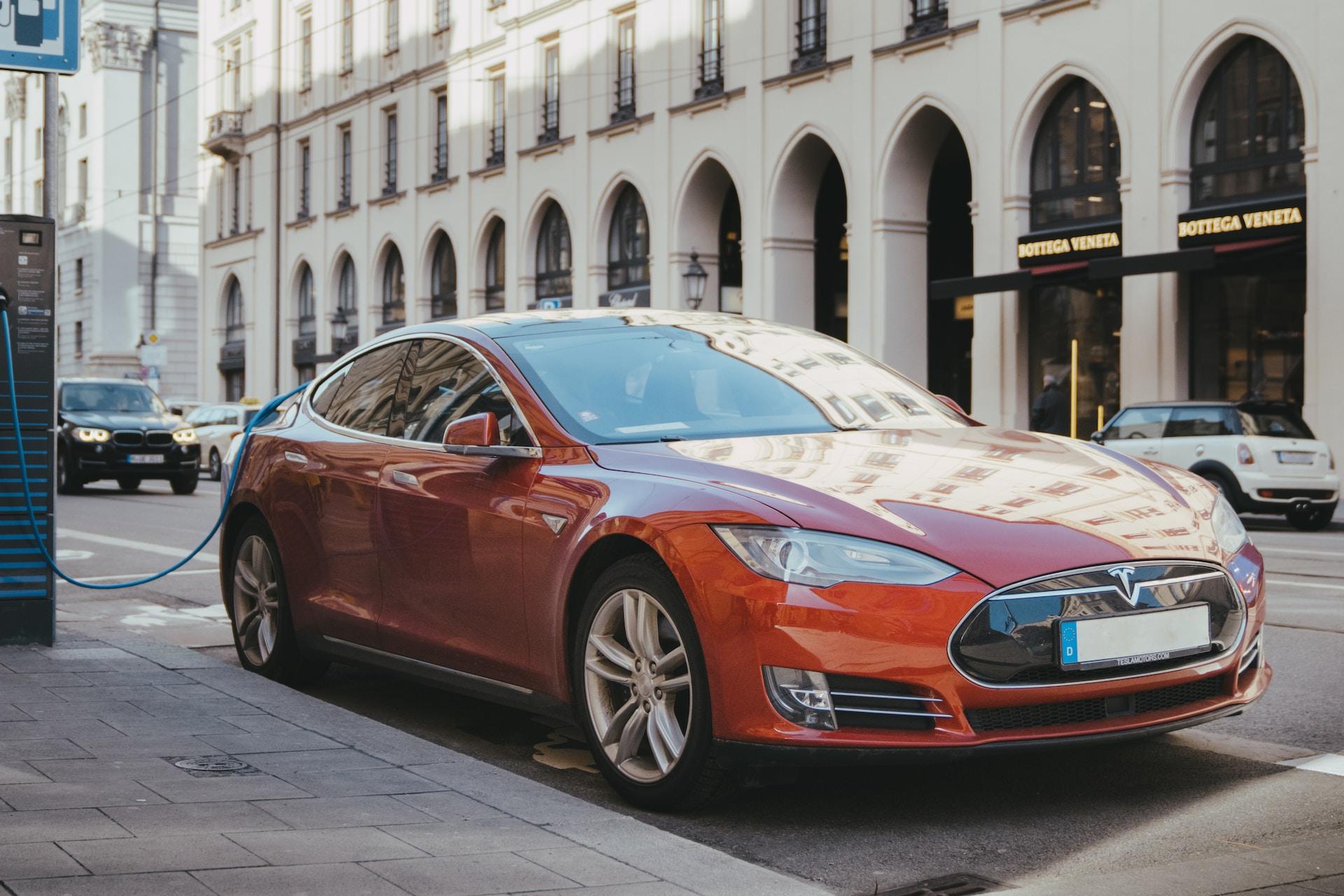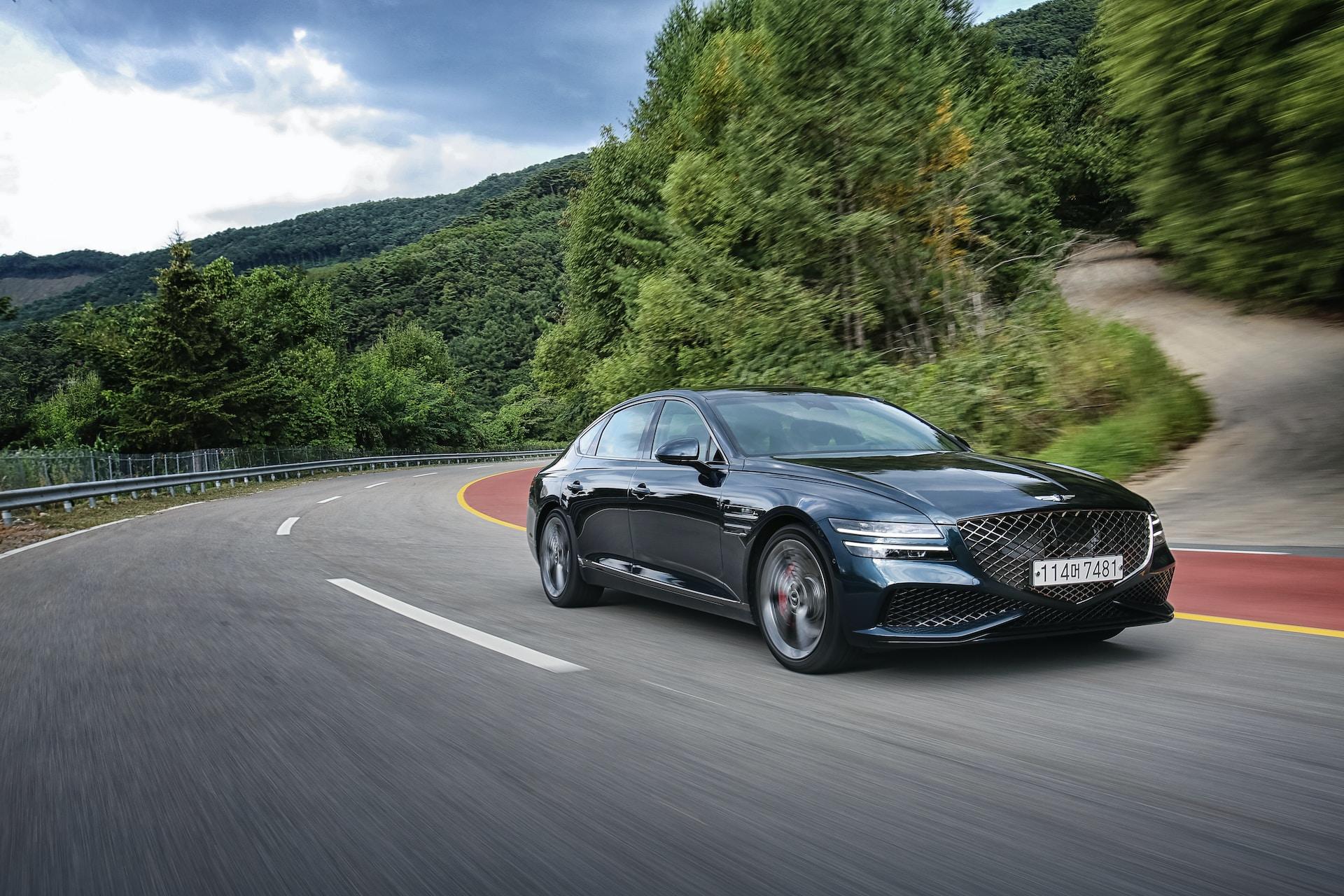At the dawn of a rapidly changing world, the imperative switch to electric cars holds the key to a more sustainable future. The transition to eco-friendly transportation is no longer a choice; it’s a necessity. Consumers may now choose between practical and environmentally beneficial electric cars (EVs), which are no longer just a sci-fi idea. We’ll look at the top five convincing reasons to convert to an electric automobile in this post.
Contents
1. The Environmental Impact
Reduced Carbon Emissions
Electric vehicle’s little carbon impact is one of their biggest benefits. Unlike traditional gasoline-powered vehicles, electric cars produce zero tailpipe emissions. Driving an electric car may significantly reduce your contribution to producing air pollution and reversing climate change.
Energy Efficiency
Electric vehicles use less energy than their gas-powered equivalents. They convert a higher percentage of the electrical energy from the grid to power at the wheels, making them an environmentally responsible choice.
2. Cost Savings
Lower Operating Costs
Electric cars are cheaper to operate and maintain. Because they have fewer moving parts than internal combustion engines, they endure less wear and tear and require fewer visits to the mechanic. Additionally, electricity is typically less expensive than fuel, resulting in significant long-term savings.
Government Incentives
The use of electric vehicles is promoted by several governments all around the world. Tax breaks, cash back, and access to carpool lanes are a few examples of these incentives, which lower the cost of the original purchase.
3. Improved Performance
Instant Torque
An exciting and comfortable driving experience is delivered by the quick torque offered by electric automobiles. Unlike traditional cars, which require gear shifting, electric vehicles offer seamless acceleration from a standstill.
Quieter Ride
Comparatively speaking to their gasoline-powered counterparts, electric vehicles are very quiet. As a result, the entire driving experience is improved and noise pollution is decreased.
4. Convenience
Home Charging
Charging an electric car is incredibly convenient. You can charge your vehicle at home using a standard electrical outlet or opt for a faster charging solution with a dedicated charging station. Say goodbye to frequent trips to the gas station.
Reduced Maintenance
As mentioned earlier, electric cars have fewer moving parts, which translates to reduced maintenance needs. You’ll spend less time and money on oil changes, exhaust system repairs, and other traditional maintenance tasks.
5. The Future of Transportation
Technological Advancements
Amazing technical improvements are being made as the electric vehicle market is constantly changing. Electric vehicles are at the vanguard of automobile innovation, offering everything from extended battery life to improved safety features.
Sustainability
By choosing an electric car, you’re contributing to a more sustainable future. As the world seeks cleaner transportation options, the electric vehicle market will continue to expand, making EVs an integral part of our transportation landscape.
Conclusion
In conclusion, the decision to switch to an electric car is a choice for a cleaner, more sustainable, and cost-effective future. With reduced environmental impact, lower operating costs, improved performance, and unmatched convenience, electric cars are not just an option; they are the way forward.
FAQs
1. Are electric automobiles more costly than conventional ones?
Despite having a greater initial cost, electric automobiles are frequently a more cost-effective option due to the long-term savings in operating and maintenance costs.
2. How much distance can I travel on one charge?
Electric vehicle range varies by model, however many contemporary EVs can go more than 200 miles on a single charge.
3. Are electric vehicle charging facilities widely available?
Yes, the infrastructure for charging stations is fast growing, and you can simply find charging stations using a variety of smartphone apps and websites.
4. Does maintenance differ for electric vehicles?
While the maintenance requirements for electric vehicles are lower, it is still important to adhere to the manufacturer’s suggested maintenance plan.
5. What is the environmental impact of producing electric car batteries?
While battery production has environmental impacts, the overall lifetime emissions of electric cars are significantly lower than those of gasoline-powered vehicles. To further reduce these effects, battery technology is advancing




